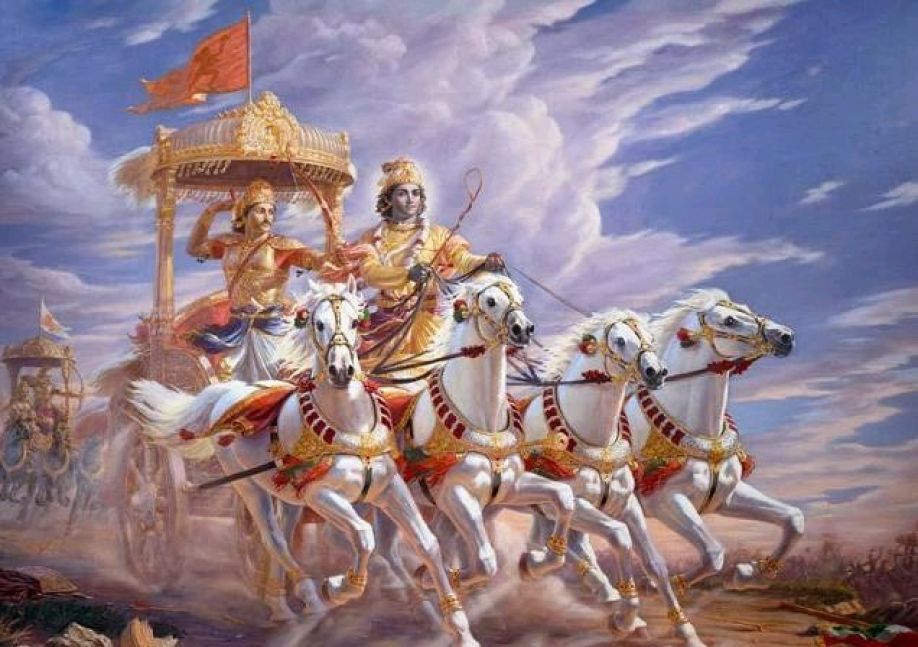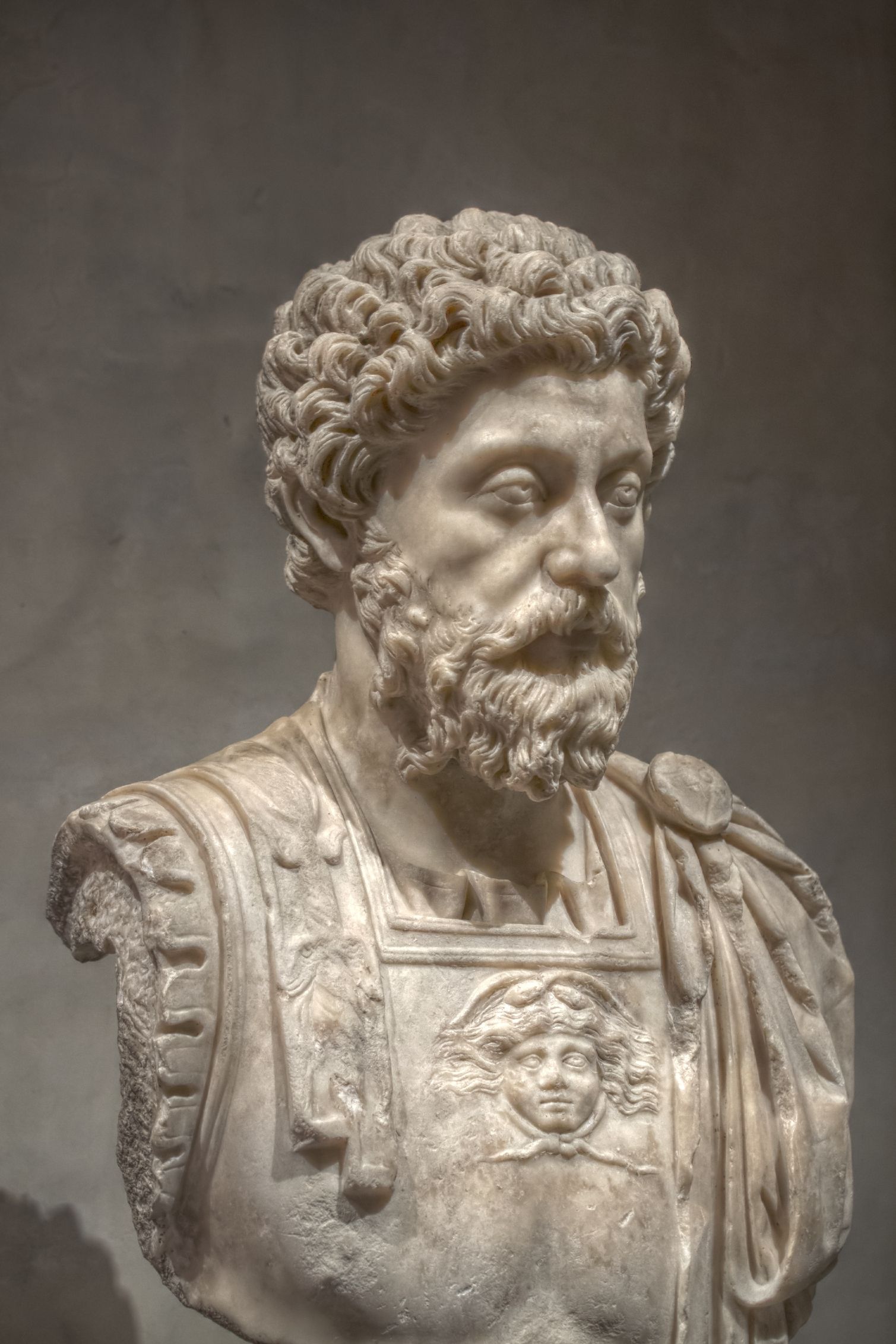On kings
Thoughts on nurturing a curious, earnest, emotionally aware masculinity

Thoughts on nurturing a curious, earnest, emotionally aware masculinity
Note: This was written quickly, with not much editing, to get down some near stream of consciousness thoughts on a subject I've contemplated a lot the past few years. The reference to kings is both a nod to history but more predominantly a nod to some of the encouraging language on social media I'm seeing at present.
I grew up without any real focus on masculinity. It was only perhaps late in my late 20s that I recognized a desire, almost a need to actively focus on this aspect of myself.
This led to, at first, a lot of internal struggle and emotional tumult. What followed was a host of interesting things. One of those things was trying to cultivate close male friends and confidantes. Unlike my teenage years, for most of my 20s, most of my friends were "couple" friends. Nothing wrong with this but I clearly needed more. I started trying to do this deliberately by being the person who reached out, got time with guys, and almost pursued the relationship. I think this has serendipitously led to, at least in very small ways, becoming a magnet for others seeking this. As an introvert, this continues to be a hard thing to do but is fabulously rewarding.
Outside of just allowing me to make more close male friends, it has also led to me being able to define a more nuanced definition of masculinity for myself, one that focuses on being curious and vulnerable, very different from traditional definitions most of us were used to seeing in our fathers or our father's fathers. It wasn't their fault – they didn't see it modeled either. This is not about blame.
What’s interesting is that if you go back through ancient history and mythology the ideal definitions of masculinity, some of which still remain relevant today, often seem different. Yes, there is certainly the Genghis Khan type loot, rape, and pillage version but that is not what I'm referring to.
I’ll pick on two examples to illustrate this.
In Hindu mythology and wisdom, the book that is arguably most sacred and referenced is the Bhagavad Gita. The book is largely about Arjuna, a famed prince, known for being both a principled human being and an incredible warrior, seeking advice from his charioteer, the Hindu god Krishna, on his vulnerability and ethical dilemmas about going to war against his kin. Here was a powerful prince in essence seeking therapy before and while waging an epic battle. Sharing his doubt, embracing his vulnerability, asking for advice.
Consider this admission of weakness –
My dear Krishna, seeing my friends and relatives present before me in such a fighting spirit, I feel the limbs of my body quivering and my mouth drying up. My whole body is trembling, my hair is standing on end, my bow Gandiva is slipping from my hand, and my skin is burning. I am now unable to stand here any longer. I am forgetting myself, and my mind is reeling. I see only causes of misfortune, O Krishna.
Or this cry for help to aid a moral conflict –
O Govinda [Krishna], of what avail to us are a kingdom, happiness, or even life itself when all those for whom we may desire them are now arrayed on this battlefield? O Madhusudana [Krishna], when teachers, fathers, sons, grandfathers, maternal uncles, father-in-law, grandsons, brothers-in-law, and other relatives are ready to give up their lives and properties and are standing before me, why should I wish to kill them, even though they might otherwise kill me? O maintainer of all living entities, I am not prepared to fight with them even in exchange for the three worlds, let alone this earth. What pleasure will we derive from killing the sons of Dhritarashtra?
Someone considered a symbol of masculinity in Hindu mythology confessing his weakness, his tormented mental state, and seeking advice from a mentor. A divine mentor, perhaps, but a mentor nonetheless.

Another example of a similar kind of vulnerable masculinity is Marcus Aurelius, the Roman emperor and Stoic philosopher, last of the five good emperors. In reading through sections of his journal, Meditations, you'll notice how he talks about his weaknesses and also about how he is grateful to so many people for what he has lived and learned.
The first chapter (or Book 1) is titled Debts and Lessons and is entirely about him giving thanks to different people in his life for what he has learned from them. Here are two examples —
9. SEXTUS
Kindness. An example of fatherly authority in the home. What it means to live as nature requires. Gravity without airs. To show intuitive sympathy for friends, tolerance to amateurs and sloppy thinkers. His ability to get along with everyone: sharing his company was the highest of compliments, and the opportunity an honor for those around him. To investigate and analyze, with understanding and logic, the principles we ought to live by. Not to display anger or other emotions. To be free of passion and yet full of love. To praise without bombast; to display expertise without pretension.
13. CATULUS
Not to try to shrug off a friend's resentment – even unjustified resentment – but try to put things right. To show your teachers ungrudging respect (the Domitius and Athenodotus story), and your children unfeigned love.
Here is an excerpt from the seventh chapter (or Book 7) –
Don't be ashamed to need help. Like a soldier storming through a wall, you have a mission to accomplish. And if you've been wounded a need a comrade to pull you up? So what?

While I don't believe that these ideas of masculinity were entirely lost (or that they represent the one true ideal), they don't seem to be most prevalent today. But what's interesting is that in some ways millennials and the current generation may be reviving portions of this, attempting to raise more emotionally aware children. I’ve seen this at play with some of my close friends, which is wonderful to see.
In most popular discourse though, there are still weird definitions of masculinity. It ranges from the red pill MRA groups talking in terms of chads vs soy boys and portions of the left intelligentsia talking in terms of feminists vs. toxic masculinity. Both these spectrums are, in very different ways, somewhat contrived, perhaps well-intentioned, but contrived and harmful to different degrees.
A lot of what I’m realizing I’m focusing on as part of my own growth and exploration is understanding what I need for my own masculinity.
What do I need in terms of and from my “time with the boys”? What kinds of conversations do we need to have to encourage each other to be more open and seek help? How can I learn from all of this to be a kind, supportive partner?
What aspects of what are considered “traditional gender norms” seem right for my relationship and what aspects are not? (Think wanting to protect your partner or more trivially being the one that opens a jar of jam or picks up the heavier piece of luggage.)
The soy boy vs chad debate seems to outright ridicule some of this line of thinking as trivial and unnecessary. The feminist vs toxic masculinity debate seems to pretend that any reference to traditional gender roles, which have in many ways been baked into our psyches through thousands of years of evolution, should be quashed and ignored.
I think contemplation and deep conversation on sex, love, wealth, and power are all good and necessary things to get to your own understanding of what is important to you, your loved ones, and a life well-lived. These topics are evolutionary realities for men. Talking about this with friends and partners seems important. Pretending that these aspects of masculinity do not deserve inspection with gentle curiosity and instead ignored and closeted is a losing game and one that I was inadvertently playing for a portion of my life.
I’m cautiously optimistic, if my own growth is any indication, that the emerging understanding of masculinity is going to be healthy, bringing us more emotionally aware, yet playfully mischievous, strong boys and men, who understand how to earnestly follow their curiosity, to pursue health and longevity, to question the existing contrived boundaries while defining, experimenting with and respecting the right ones, to nurture and support their friends and lovers, to seek and create wonder, and to thrive and ensure others thrive.